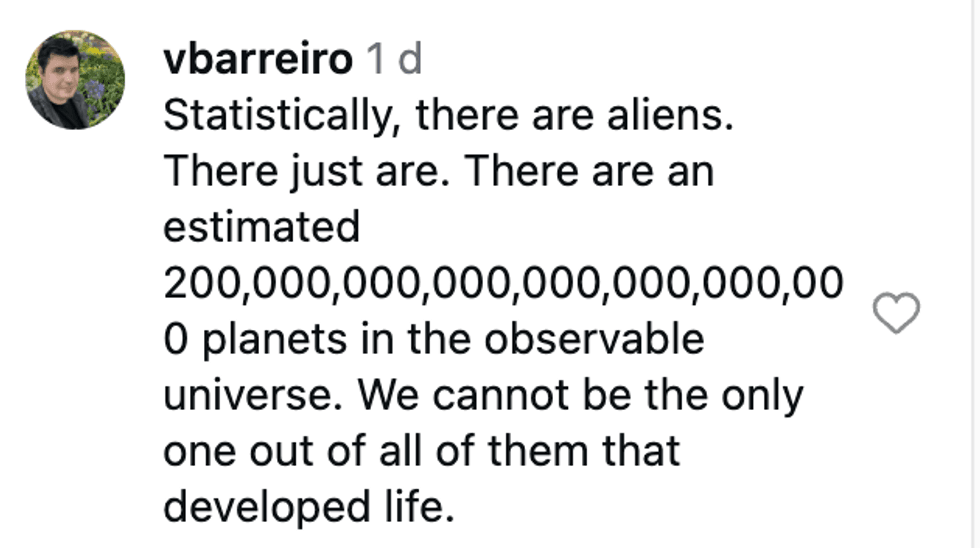The election of President Donald Trump was a very close race in the United States. How close? Hillary Clinton captured the popular vote, but lost the electoral vote based on the distribution of delegates from a few key states.
Another close vote took place in the United Kingdom in June of 2016, five months before the United States presidential election. That vote, nicknamed Brexit, concerned the United Kingdom's continued participation in the European Union.
But what do these two events have in common besides being close contests?
Both, according to a new study, may have been influenced, to the point of deciding the outcome, by Russian Twitter bots.
Bots, as outlined previously, are designed to disseminate information automatically. Some are benign, providing inspirational quotes daily. Others? Not so friendly it seems.
Automated tweeting played a small but potentially decisive role in both Trump’s presidential victory and the Brexit vote reports the National Bureau of Economic Research (NBER). Their rough calculations suggest bots added 3.23 percentage points of the actual vote for Trump in the U.S. presidential race.
“Our results suggest that, given narrow margins of victories in each vote, bots’ effect was likely marginal but possibly large enough to affect the outcomes,” according to NBER members and study authors Yuriy Gorodnichenko from the University of California at Berkeley and Tho Pham and Oleksandr Talavera from Swansea University in the U.K.
The NBER research backs claims by members of the U.S. intelligence community, who stated Russian hackers tried to sway the 2016 presidential election in Trump’s favor in part by deploying Twitter bots. Trump denies any connections between his campaign and the hackers.
The study, titled Social Media, Sentiment and Public Opinions: Evidence from #Brexit and #USElection, found bots influenced people most when the bot's message backed the individuals prior opinion. This is referred to as confirmation bias; we're inclined to believe anything that agrees with our own opinion.
Trump supporters reacted most to messages spread by pro-Trump bots. That information spread quickly among Twitter users in 50 to 70 minutes.
To figure out the bots influence on votes, the study looked at the share of pro-Trump tweets geographically to check how closely votes matched with Twitter activity. Then they figured out how much the accounts they defined as bots added to the volume of tweets advocating Trump.
Based on their findings the researchers suggested:
These two campaigns and subsequent debates about the role of bots in shaping the campaigns raise a number of questions about whether policymakers should consider mechanisms to prevent abuse of bots in the future.”
No official response to the study or its findings from the White House has been issued as of the morning of May 23, but news of the study began to spread on social media. The president may find out from Twitter.







 @lamorne/Instagram
@lamorne/Instagram @bigbeaubrown/Instagram
@bigbeaubrown/Instagram @musiccitykristy/Instagram
@musiccitykristy/Instagram @phil_torres/Instagram
@phil_torres/Instagram @vbarreiro/Instagram
@vbarreiro/Instagram @franklinjleonard/Instagram
@franklinjleonard/Instagram @br1an02/Instagram
@br1an02/Instagram @ohhelloitsmax/Instagram
@ohhelloitsmax/Instagram @frecklesmarie/Instagram
@frecklesmarie/Instagram








 @JaJa_no_NO/X
@JaJa_no_NO/X @CWMorgan1000/X
@CWMorgan1000/X reply to @spain2323/Instagram
reply to @spain2323/Instagram reply to @spain2323/Instagram
reply to @spain2323/Instagram reply to @spain2323/Instagram
reply to @spain2323/Instagram reply to @spain2323/Instagram
reply to @spain2323/Instagram reply to @spain2323/Instagram
reply to @spain2323/Instagram reply to @spain2323/Instagram
reply to @spain2323/Instagram reply to @spain2323/Instagram
reply to @spain2323/Instagram reply to @spain2323/Instagram
reply to @spain2323/Instagram reply to @spain2323/Instagram
reply to @spain2323/Instagram reply to @spain2323/Instagram
reply to @spain2323/Instagram reply to @spain2323/Instagram
reply to @spain2323/Instagram reply to @spain2323/Instagram
reply to @spain2323/Instagram reply to @spain2323/Instagram
reply to @spain2323/Instagram reply to @spain2323/Instagram
reply to @spain2323/Instagram reply to @spain2323/Instagram
reply to @spain2323/Instagram reply to @spain2323/Instagram
reply to @spain2323/Instagram